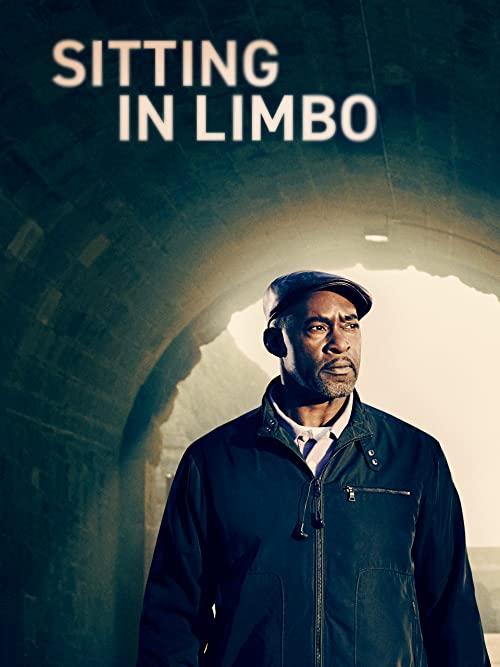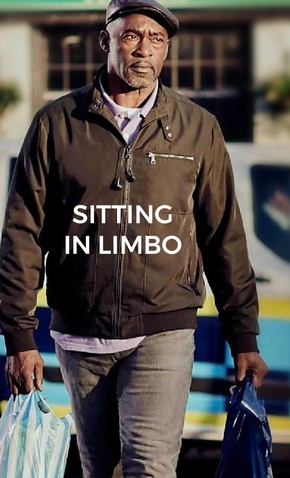

Twice, he was arrested by Immigration Control and held for a total of five weeks in two detention centres before being issued with a deportation order to Jamaica. Despite providing files of documents in support of his legal claim to British citizenship, he lost his job and his home. A failure to produce his mother’s lost 1965 passport set him on a journey of bureaucratic indifference and deliberate cruelty.ĭespite having legally immigrated to the UK as a child, Bryan was stripped of his right to work or claim benefits or NHS healthcare for three years. When Bryan planned to visit his mother overseas with his partner Janet, he applied for a passport, an everyday act that led to his life being dismantled.Īlong with hundreds of others whose documentation was wrongly judged insufficient to prove their British citizenship in the period 2012-2017 (during which the UK Home Office’s ‘hostile environment’ policies under Theresa May sought to make it impossible to remain in the UK without the correct paperwork) Bryan was mistakenly classified as an illegal immigrant. His mother Lucille Thompson spent 30 years as a hospital cleaner before retiring to Jamaica. He worked first in a factory and then as a builder and painter-decorator. Now a father and grandfather, Anthony grew up in London going to school and Scouts and supporting Spurs. Anthony and his mother were part of the Windrush Generation invited to settle in the UK after the Second World War.
Sitting in limbo tv#
Thompson, the feature-length TV film tells the true story of Thompson’s brother Anthony Bryan, a Black British man who arrived in England from Jamaica in 1965, aged eight.

There’s no consolation to be taken from historical distance this is a snapshot of Britain now. The drama’s final caption takes us up to May 2020.

Sitting in Limbo covers a period from 2016 to 2018. When drama confronts you with your country’s racism (as a white Briton, the screen and page are the only times I am confronted with it – never on the street, rarely in the classroom, not applying for a job or going through passport control or renting a flat or raising kids or being stopped by the police or writing online, not in any of the exhaustive, exhausting and lethal ways that racism can daily confront somebody Black and British), there’s usually a cushioning historical buffer.


 0 kommentar(er)
0 kommentar(er)
